India had been without a major empire for almost a thousand years now, it had not been since the Gupta Dynasty that an all India empire had been created. The Mughal Dynasty was the last great empire of Indian history. Such was their greatness that not only did they leave a lasting impact on Indian history, the English word Mogul (derived from Mughal) means a powerful person. The Mughals were a remarkable dynasty, and at their peak they produced a successive set of capable rulers. It was also during their reign that some of the finest monuments of India were built, most notably one of the seven wonders of the world, the Taj Mahal. The Mughal dynasty was founded by Babur, who was a ruler of a kingdom near Persia (modern day Iran). Babur a Turk, was related to the great Mongol conqueror, Chengiz Khan and the Turkish invader Timur. The increasing power of the Uzvbks of Central Asia, was a cause for Babur to want to leave his country. The Delhi Sultanate around this time existed merely in name, and the political scene was in total disarray. The Sultan in power as Ibrahim Lidi, but the nobles commanded a major portion of power. This wide-ranging book offers a succinct and engaging narrative of the history of the Indian subcontinent, tracing the development of its society, culture and polity.
Bibliographic information
Title
Mughal Dynasty
Encyclopaedic History of India Series
Encyclopaedic History of India Series
Author
Edition
1st ed.
Publisher
Centrum Press, 2011
ISBN
9789380836768
Length
vi+296p., Bibliography; Index; 22cm.
Subjects

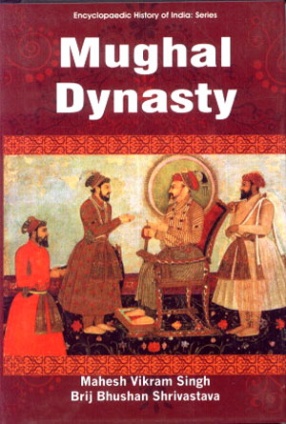
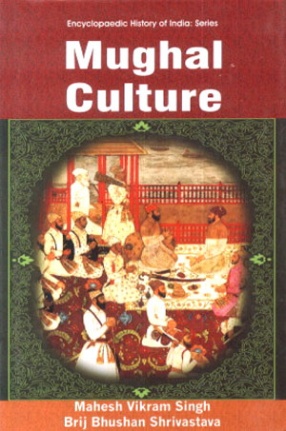
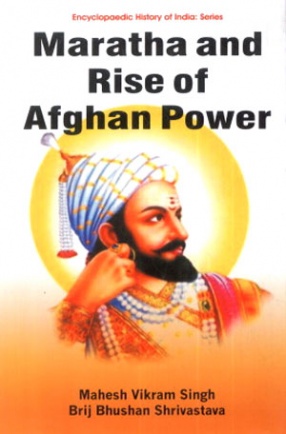
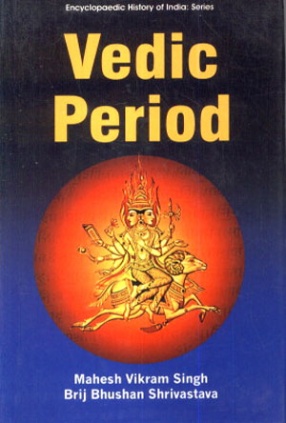

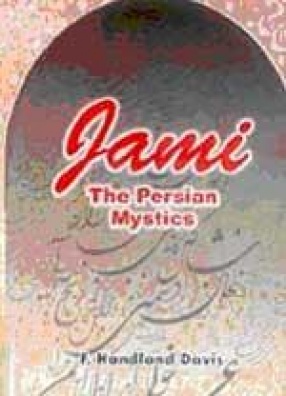
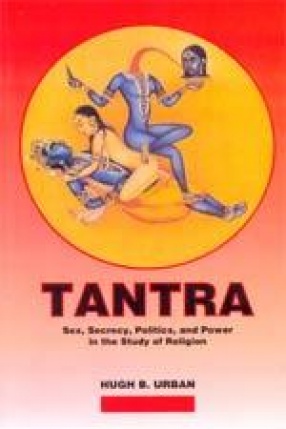
There are no reviews yet.